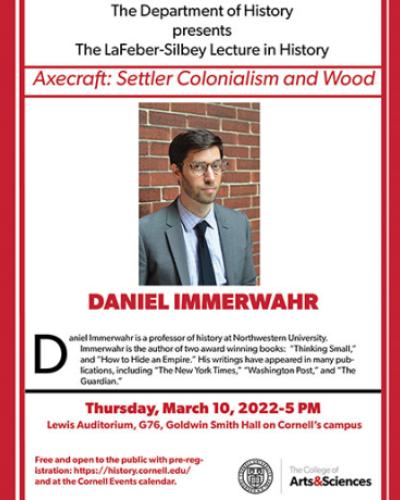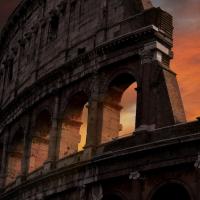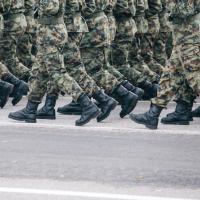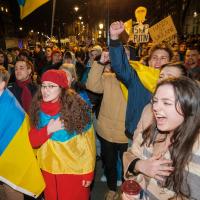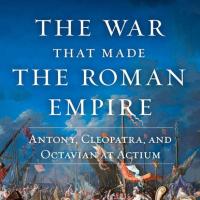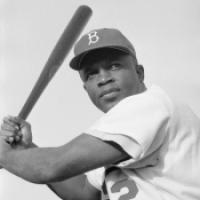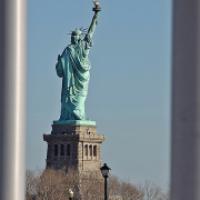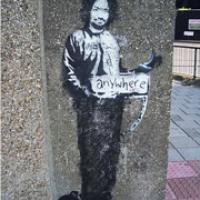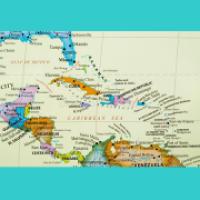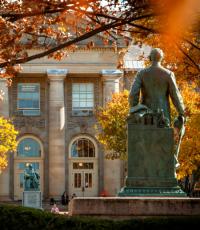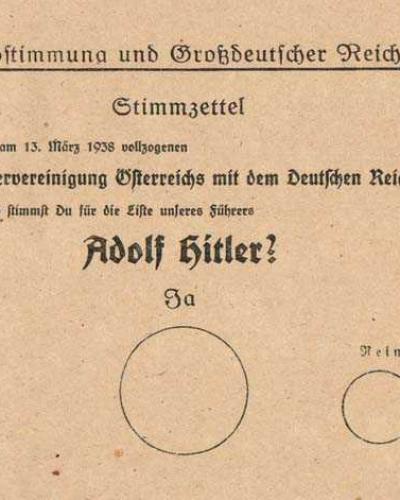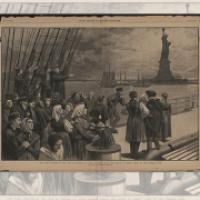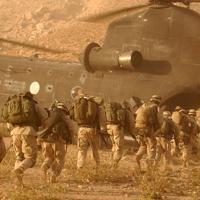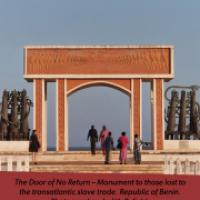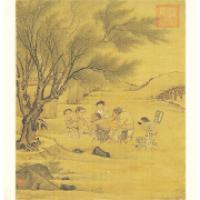HIST 2133 Social Debates in China (also ASIAN 2283, CAPS 2133) (GB) (HA-AS, GLC-AS, HST-AS) (HAN)
Tuesday and Thursday: 8:05-9:20
Professor Yue (Mara) Du
In this sophomore seminar, we will explore cultural, political, and social debates in China’s transition from an early modern empire to a republic, and then from a vanguard of world revolution to a post-communist party-state. Through examining primary sources in various forms (treatise, speech, and film), we will focus on issues such as Confucianism, Western-inspired cultural and legal concepts, nationalism, communism, feminism, liberalism, as well as indigenous understandings and appropriations of imported -isms. The course is organized around four debates: those between constitutional reformers and revolutionaries at turn of the 20th century; between New Culture radicals and statist reformers in the 1920s and 1930s; between politicians who resorted to social and political revolutions to “save China” and writers who believed in the transformative power of “culture;” and between liberals and “leftist” intellectuals in post-1989 China; with an interlude addressing the 1960s and the 1970s, when dissenting voices were encouraged in some ways and brutally suppressed in others. Students will participate in four debates organized at the end of each 3-week section. Each student will submit four short response papers on the four social debates the course covers. In consultation with the instructor, each student will choose a social debate from modern China that is NOT addressed in the classroom, developing a historiographical paper as his/her final essay. There is no prerequisite, but pre-acquired knowledge in Chinese history and civilization is helpful.
